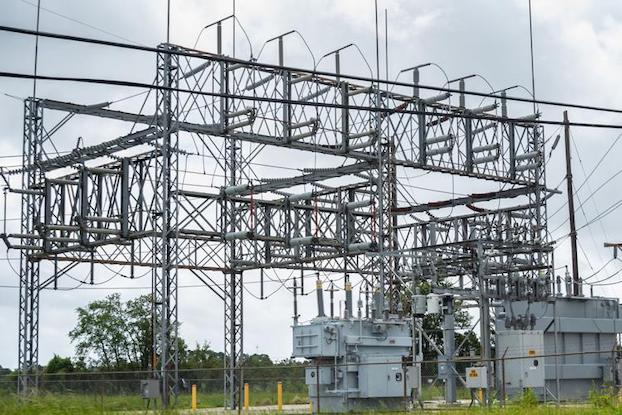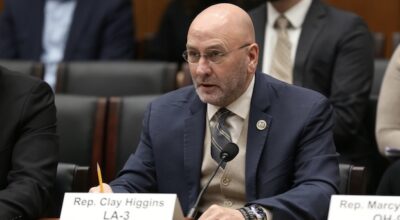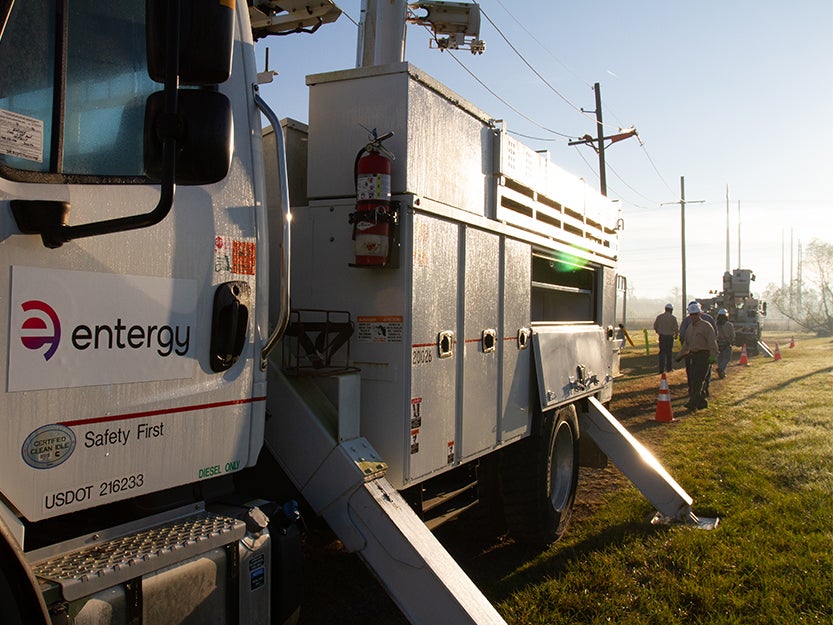AAR Corp. to get sales tax credit from Calcasieu School Board
Published 4:37 pm Tuesday, October 8, 2013
AAR Corp. will get a sales tax credit from the Calcasieu Parish School Board — a request that was denied to Aeroframe in May, three months before the company ceased operations.
The School Board voted on the item and heard from Illinois-based AAR and Chennault International Airport Authority representatives at its regular meeting Tuesday night.
The vote was 9-4 in favor of the 10-year tax exemption for AAR.
Board members in favor of the motion were Joe Andrepont, Annette Ballard, Dale Bernard, Randall Burleigh, Mack Dellafosse, Clara Duhon, Bill Jongbloed, James Karr and R.L. Webb.
Board members against the motion were Fredman Hardy, Bryan LaRocque, Jim Schooler and Roman L. Thompson.
Billy Breaux and Chad Guidry were absent.
An amendment to shorten the exemption to five years instead of 10 years failed before the main vote.
In an open letter to board members, Troy T. Jonas of AAR said that “airframe maintenance is a labor-intensive and very competitive segment of the aerospace industry.”
“Typical pretax margins for companies engaged in airframe maintenance are around 5-6 percent,” Jonas said in the letter. “We have similar expectations for our operations in Lake Charles, and we must ensure we are competitive and able to attract a solid customer base.”
He said a tax would put AAR at a “disadvantage in the market.”
AAR also has operations in Indiana, Oklahoma, Florida, Arkansas and Minnesota.“It’s important to note that neither our current operations nor our competitors are burdened with any type of tax on aircraft maintenance services,” he said in the letter. “By granting this exemption the board will remove a potential pitfall to our success in Louisiana.”
Jonas was present at the meeting in support of the motion, along with Randy Robb, Chennault executive director; Danny Martinez of AAR; R.B. Smith, vice president of workforce development at the Southwest Louisiana Economic Development Alliance; and Chennault board member Charles Dalgleish, who mentioned the motion “makes good business sense.”
Ballard said she supported the vote because “it’s important for all of Southwest Louisiana.”
Burleigh added that besides a skilled workforce, tax incentives by the state are what is bringing $47 billion worth of investments to the region.
Schooler, who voted against the motion, reminded the board that the school system will face a deficit similar to the $13 million deficit from the previous year. The board balanced its budget a few months ago by selling property — one-time money.
“We’re talking about giving money away when we’re in a deficit,” Schooler told board members before the vote. Robb disagreed.
“We aren’t asking you for money,” Robb said in an address to the board. “I think, in fact, if you abate this sales tax, you’re going to make money — quite a bit of money.”
Robb was referring to AAR’s creation of 125 jobs and its plans to have 700 employees by 2017 — taxes the school system would benefit from through taxed wages and property taxes. If AAR were to leave, the tax base would cease to exist, Jonas added.
Webb, who eventually supported the measure, questioned the stability of the MRO business in Lake Charles after companies like Aeroframe failed to sustain themselves or left Lake Charles.
LaRocque was against the motion because he felt AAR was asking the board to “give up operating capital to make” them “competitive and successful.”
“We’re nonprofit, and we’re in a deep hole,” LaRocque said. “A lot of ‘good business sense’ does not apply to public education.”
AAR is also pursuing credits from the Lake Charles City Council and the Calcasieu Parish Sheriff’s Office.
In 2003, the School Board approved a $5,000-per-employee tax credit for each Chennault International Airport facility that repairs or refurbishes aircraft or related components. More than $5.4 million has been exempted since 2003. The arrangement expired at the end of May.
For AAR, the estimated value of the credit is also $5,000-per-employee, or $600,000 per year.





